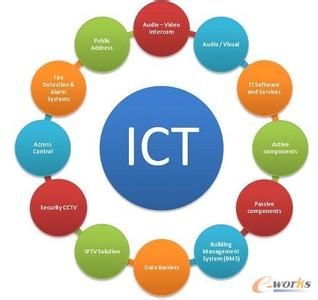Open data promotes transparency and accountability as everyone can analyse it. Law enforcement and the judiciary are increasingly making data available, to increase trust and confidence in the criminal justice system. Due to privacy legislation, judicial open data -- like court judgments -- in Europe is usually anonymised. Because this removes part of the information on for instance offenders, the question arises to what extent criminological research into sentencing can make use of anonymised open data. We answer this question based on a case study in which we use the open data of the Dutch criminal justice system that rechtspraak.nl/Uitspraken makes available. Over the period 2015-2020, we analysed sentencing in 25,366 court judgments and, in particular, investigated the relationship between sentence severity and the offender's use of advanced ICT -- as this is information that is readily available in open data. The most important results are, firstly, that offenders who use advanced ICT are sentenced to longer custodial sentences compared to other offenders. Second, our results show that the quality of sentencing research with open data is comparable to the quality of sentencing research with judicial databases, which are not anonymised.
翻译:执法和司法部门正在越来越多地提供数据,以增进对刑事司法系统的信任和信心。由于隐私立法,欧洲的司法开放数据 -- -- 如法院判决 -- -- 通常都是匿名的。由于这删除了部分关于罪犯的信息,因此问题在于对判刑的刑事学研究能够在多大程度上利用匿名公开数据。我们根据使用荷兰刑事司法系统开放数据(rechtspraak.nl/Uitspraken提供)的案例研究回答这一问题。在2015-2020年期间,我们分析了25,366项法院判决的量刑,特别是调查了判刑严厉程度与罪犯使用先进信通技术之间的关系,因为公开数据中可以提供这一信息。最重要的结果首先是,使用先进信通技术的罪犯与其他罪犯相比被判处更长的监禁。第二,我们的结果显示,使用公开数据进行的判决研究的质量与与司法数据库的判刑研究质量相当,而司法数据库没有进行匿名。




